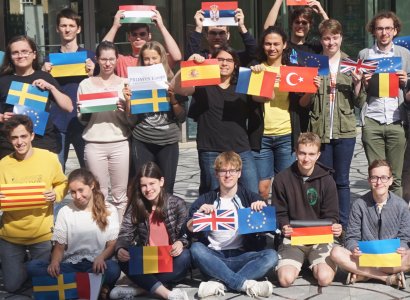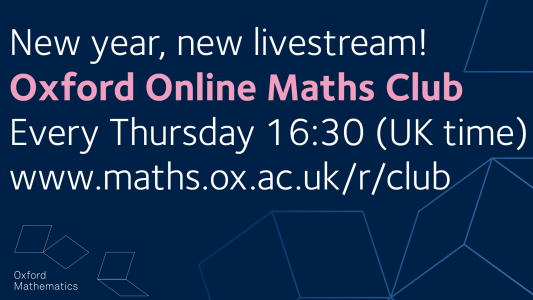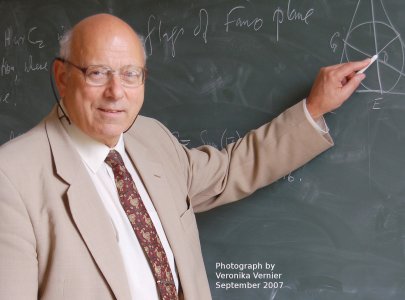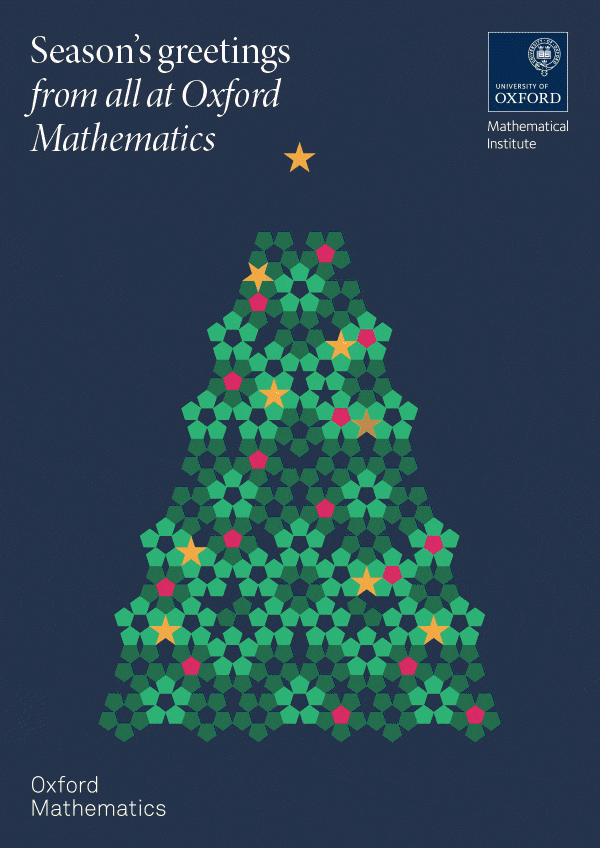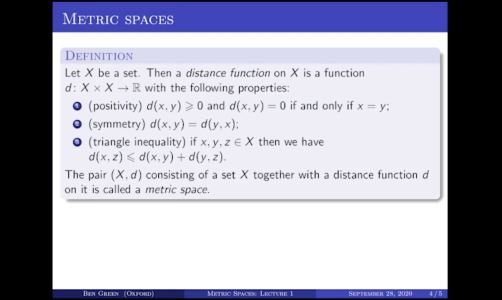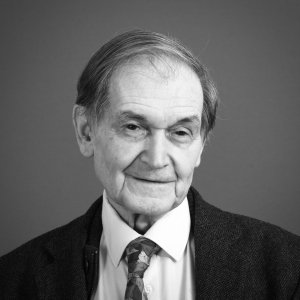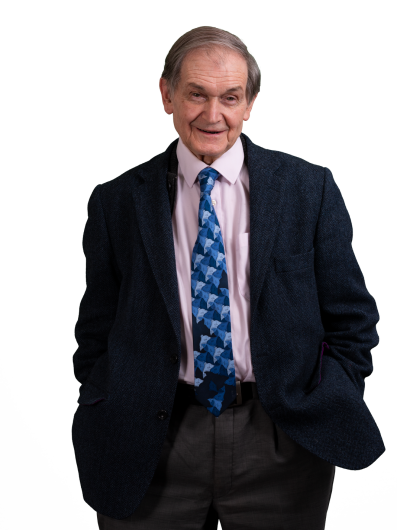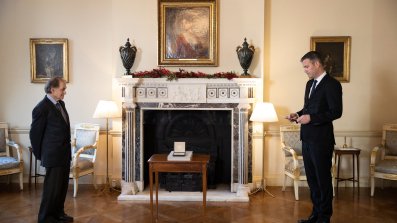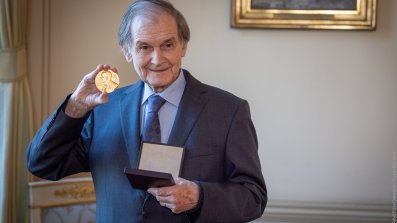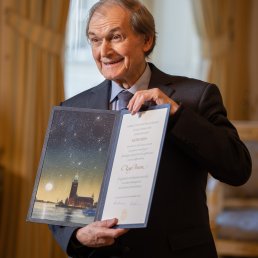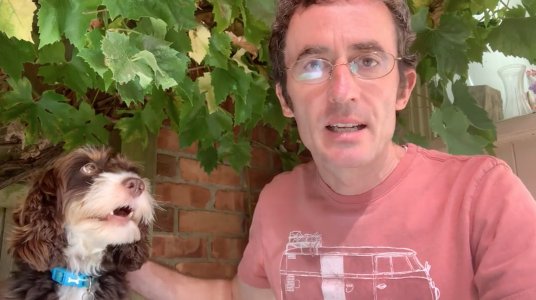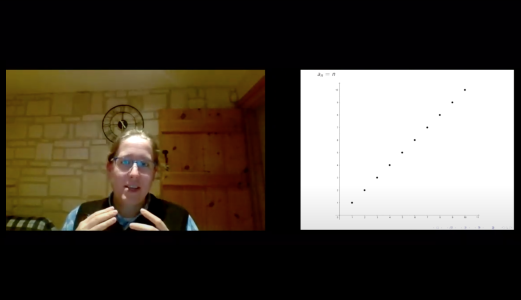Call for applications for PROMYS Europe Connect 2021
We are delighted to announce PROMYS Europe Connect for 2021, online from 12 July to 6 August.
In view of continuing restrictions and uncertainty around Covid-19, we are designing PROMYS Europe Connect as a unique 4-week online programme that captures many of the key elements of the usual PROMYS Europe experience. PROMYS Europe is a challenging mathematics summer programme based at the University of Oxford, UK.
PROMYS Europe Connect is seeking
- Pre-university students from across Europe (including all countries adjacent to the Mediterranean) who show unusual readiness to think deeply about mathematics;
- Undergraduate students who would like to work with them as counsellors.
PROMYS Europe Connect is designed to encourage mathematically ambitious students who are at least 16 to explore the creative world of mathematics. Participants will tackle fundamental mathematical questions within a richly stimulating and supportive online community of fellow first-year students, returning students, undergraduate counsellors, research mentors, faculty, and visiting mathematicians.
First-year students will focus primarily on a series of very challenging problem sets, daily lectures, and exploration projects in Number Theory. There will also be a programme of talks, by guest mathematicians and the counsellors, on a wide range of mathematical subjects, as well as courses aimed primarily at students who are returning to PROMYS Europe for a second or third time.
PROMYS Europe is a partnership of Wadham College and the Mathematical Institute at the University of Oxford, the Clay Mathematics Institute, and PROMYS (Program in Mathematics for Young Scientists, founded in Boston in 1989).
The programme is dedicated to the principle that no one should be unable to attend for financial reasons. Most of the cost is covered by the partnership and by generous donations from supporters. In addition, full and partial financial aid is available for those who need it.
Applications for counsellors and students are available on the PROMYS Europe website. The closing date for counsellor applications is 7 February. The closing date for first-year student applications is 14 March, and students will need to allow enough time before the deadline to tackle the application problems. PROMYS Europe Connect will run online from 12 July to 6 August.


